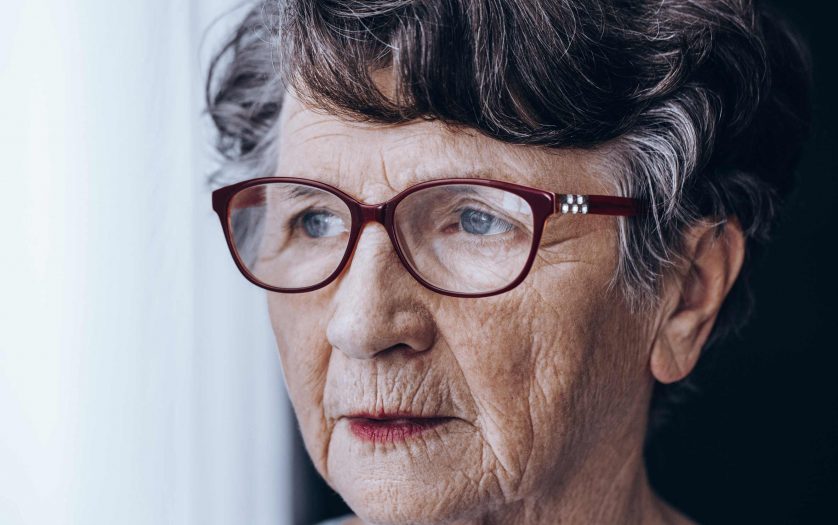
People with dementia in rural and regional Australia is consistent with that of metropolitan areas. Access to diagnosis and support, however, is not. This inequality across Australia poses enormous challenges to people with dementia and their carers.
Dementia is one of the leading causes of chronic disability in Australia and the second leading cause of death. It is the leading cause of death among women. By the middle of the century, it is predicted that the number of people living with a diagnosis of dementia will increase from 459,000 to over one million people.
According to Professor Henry Brodaty, Co-Director of the Centre for Healthy Brain Ageing (CHeBA) at UNSW Sydney, this increase primarily reflects an aging population in Australia, with age being the most significant risk factor for developing dementia, and the community in regional Australia is older than that in city areas.
However, the capacity to access timely diagnosis and quality support services is unequivocally not equitable across Australia, says Professor Brodaty.
Nearly 30% of the Australian population live outside metropolitan areas, with a two and a half times higher rate of potentially preventable hospitalisation – likely related to distance and more limited access to health care than urban dwellers.
CEO of Dementia Australia, Maree McCabe, says that considerably fewer health care professionals, including general practitioners, practice in rural areas. Yet, the proportion of people with dementia in rural areas is consistent with that in metropolitan areas (Australia Dementia Report 2013) and is projected to increase equally over the coming decades.
By 2050, it is projected that 2.9% of the population living in capital cities will have dementia compared with 3.8% in the rest of Australia.
The challenges for people living with dementia and their supporters are compounded in regional areas by geographic isolation, travel distances, and limited services and resources.
Yet, as Dementia Australia noted, decisions around the policy, planning, and design of services tend to be city-centric.








